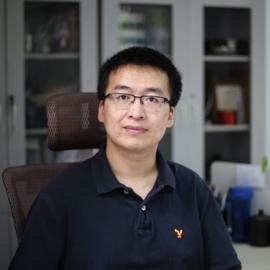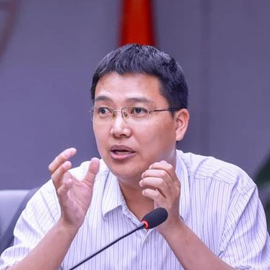Feasible-enabled integer variable warm start strategy for security-constrained unit commitment
摘要
Security-constrained unit commitment (SCUC) is a crucial procedure in power system planning and operation. As renewable resources are integrated, it is suggested to perform sub-hourly SCUC with a 15-minute interval. This change increases the computational burden due to more binary commitment variables. Despite the use of advanced MIP solvers, poor performance continues to be a challenge. Therefore, this paper proposes a feasible-enabled integer-variable warm-start strategy to provide feasible estimated starting values for MIP solvers before optimization. To achieve this objective, a data-driven model based on a deep neural network architecture is designed. This data-driven model takes into consideration the structural characteristics of input data, allowing it to predict the corresponding value of binary commitment variables effectively. Subsequently, an auxiliary optimization model is constructed by combining predicted values with the physical constraints of SCUC, ensuring estimated starting values are within the feasible region and mitigating the adverse effects of incorrect predicted values. Case studies conducted on two large-scale testing systems illustrate the effectiveness of the proposed method.



